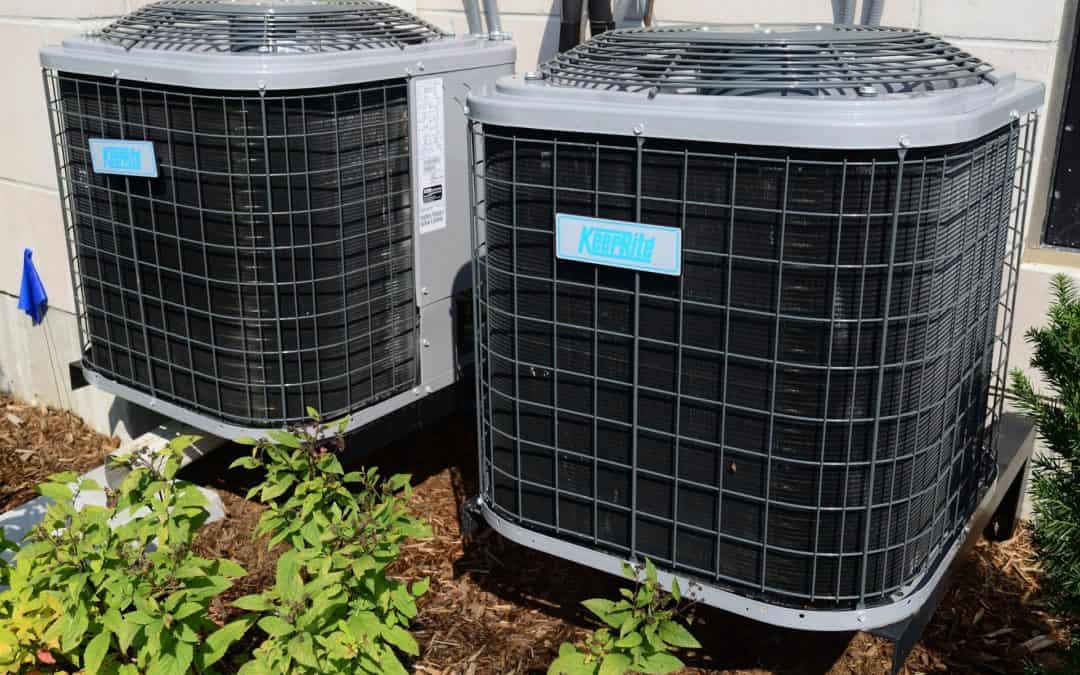First thing’s first: what’s HVAC? The term stands for heating, ventilation, and air conditioning. We’re going to focus on the VAC portion of HVAC – your AC and your ventilation.
Before We Begin
This article is going to be focused on homes with central AC only; window units go through totally different preparation and troubleshooting processes. Always make sure the unit is totally powered off when working on it. There’s usually a switch located under a lid you can flip, near the condenser.
Tip #1: Change Your Filter
This is the single easiest thing you can do to maintain and prepare your air conditioner; it impacts both your AC and ventilation. When your filter gets clogged, dust and debris can end up getting into the machinery of your air conditioner itself, causing wear and tear and shortening its lifespan. What’s more, the filter’s job is to keep that dust out of your lungs – you can imagine what happens when it’s all clogged up. Not only does the quality of your air decrease – circulation does too.
When it comes to changing your HVAC filter, the best time to do it is just before summer starts. Check your filter in the springtime – if it’s dirty, you’ll want to change it. Your filter could be located in a few different spots. For AC units that share ventilation with the furnace, you can most often find the filter near the bottom of your furnace. In other cases, it may be in the return air duct. Can’t find the filter, or don’t know what type of filter to use? Give us a call; we’ll give you all the information you need so you can handle it on your own next time.
Tip #2: Clear the Area Around Your Condenser Unit
Your condenser needs air flow for your AC system to work at full efficiency. That means when your condenser is blocked by shrubs, debris, construction, or anything else that could impede airflow, it won’t be able to reach its full cooling potential.
Get rid of all of these blockages. That could mean cleaning, trimming hedges, mowing the lawn, getting rid of weeds, or all of the above. Trust us; it’s well worth it. Your AC system will work better and you’ll have easier access to the condenser unit for routine maintenance. That brings us to our next tip:
Tip #3: Clean Out Your Condenser Unit
Double-check that your AC is powered off completely before you start working in your condenser unit.
This is a multistep process, and it’s one that’s made easier if you’ve already followed Tip #2. Leaves, debris, and all manner of other gunk can start to clog up the condenser unit itself.
You’ll notice thin metal slats running along the outside of the condenser unit; these are known as fins. You’re going to vacuum these fins with a soft brush attached to the end of the vacuum’s hose, sucking up all of the grass, leaves, and other stuff that could clog them.
If you’re feeling especially ambitious, you can take a butter knife and very gently realign any fins that are out of place.
Once that’s all done, you’re going to unscrew the grille at the top of the condenser unit. Very gently remove the fan, making sure you don’t pull too hard at any of the wiring. Get a garden hose and spray down the fins from the inside out. Finding the right water pressure can be a bit tricky; you want enough pressure to clean out the gunk, but not so much that you’ll damage the fins.
If you’re intimidated by any of this, don’t worry too much – HVAC technicians can handle the maintenance and cleaning for you. Whatever works best for you!
Tip #4: Test it Out
You don’t want to test your AC on the hottest day of summer, only to learn it’s on the fritz. Once you’ve completed all the maintenance tips here, turn the AC on and take it for a spin. You’ll be able to check if your thermostat is working, if you hear any funny noises, and if anything feels off.
What’s more, by playing with the settings a bit you’ll be able to find a comfortable temperature to keep your home at, while managing energy. You might find it helpful to know about what the healthiest room temperature is, as well as how programmable thermostats can help you figure out what temperature to keep your home at while saving money.
Should you encounter any difficulties with your system, just call a technician! Prepping your AC before summer is at its hottest has many benefits; it comes highly recommended.

Recent Comments